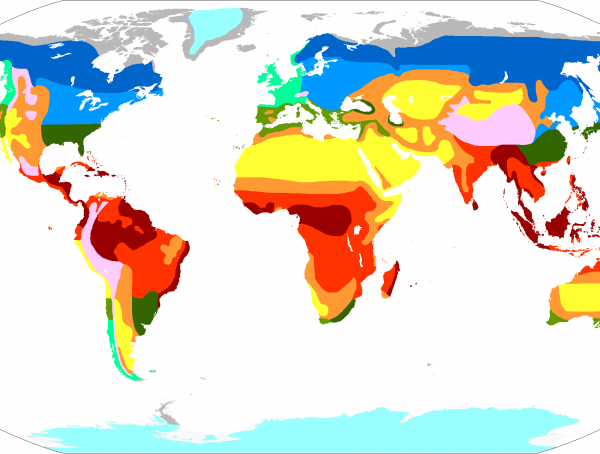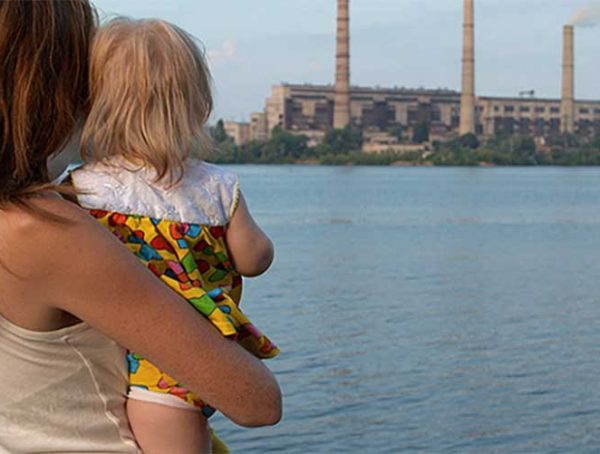Covering debated issues like climate change can be challenging for journalists for both the distrust in scientific experts and the distrust in media keeps growing among the population. In Building Climate Reporting Confidence: South, experts shared their views on how to report on climate change when facing an audience that does not believe in it.
“You have to recognize where the skepticism comes from. In Louisiana, one of the ironies is that people are more concerned about the effects of climate change than the causes. Wetlands losses is a perfect example of that: if you talk to a number of people there, they’re not going to believe that climate itself is the only reason for it happening — although they recognize that sea-level rise is one of the reasons — and they’re more interested in what’s happening and what happens to them as a result, rather than ‘oh gee, this is all because of that‘,” explains Mark Schleifstein, a journalist for the Times-Picayune.
He believes that paying attention to the people’s concerns is a way to both understand their point of view to be able to report on their inquietudes, but it is also a way to get their attention.
“It’s our job to try to explain that, but also to listen to those people and attempt to get what their arguments are and to accurately portray their concerns — while also accurately portraying the science,” Schleifstein continues.
Lynn Carter, an adjunct professor from the Department of Geography and Anthropology at Louisiana State University, believes that appealing to people’s past experiences is another way to approach the topic because people can relate.
“You can often get people involved in the conversation by showing what’s actually already happened that they’ve experienced, and it’s hard to argue with what they’ve experienced and then talk about what’s very likely coming, the projections, and then talk about how you can deal with some of the individual problems,” Carter explains.
She highlighted how important information and communication are in dealing with controversial topics: educating the population is one of the best ways to stop misinformation and reduce skepticism.
“I never went to a community and gave a presentation — and I did this all the time — that someone didn’t ask me to come to their community next because I explained it in such a way that it was hard to refute. A lot of times people refute this because they just don’t actually see the real information, and so if you can respond to someone with actual data and information, if they trust you — they have to trust you as the source before anything else — but if they trust you, if you’re a known source, eventually they’ll come around,” Carter says.
While trust is obtained through consistent and accurate work, once it is acquired, it can lead to a great impact in your community.








